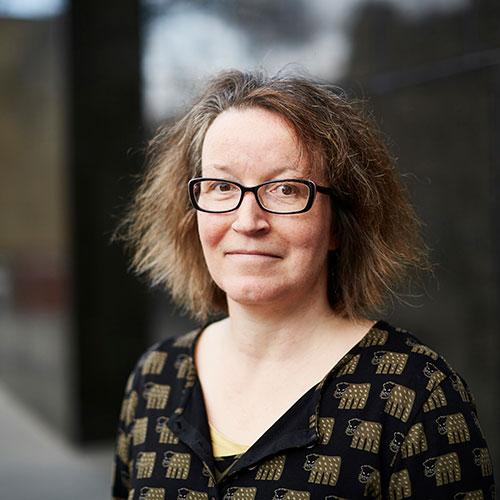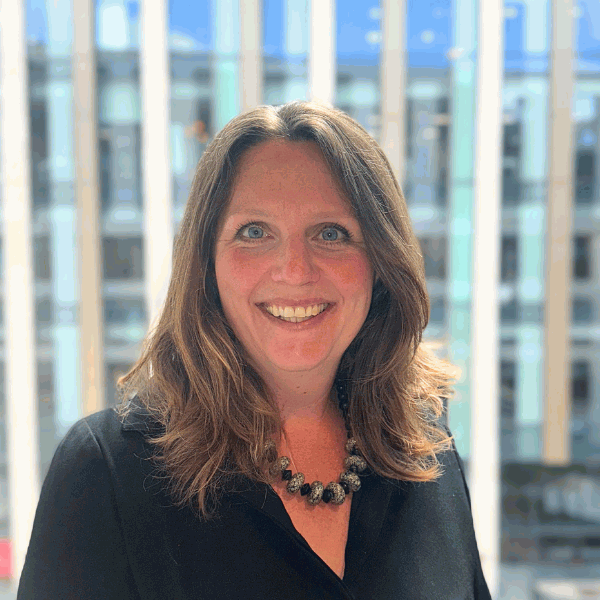How can community-led organisations get involved in the ownership of land for nature recovery?
We recently hosted an online event to look at this question. Here’s a summary of the event and some of the key takeaways….
Over 50 people from a diverse range of organisations joined us to discuss the opportunities for community driven approaches to land management. We heard presentations from: -
-
Janet Cobb, representing Middle Marches Community Land Trust. The Community Land Trust (CLT) was established in 2019 as a society for the benefit of the community. They have since attracted support to acquire, own and manage four sites in Shropshire, including wetland meadows, wildflower meadows and a SSSI site.
-
Nick Hall, a nature recovery ranger from the Lake District National Park Authority. Nick took us through the practicalities of the Biodiversity Net Gain process and outlined the opportunities and risks it presents for community participation.
-
Tom Chance, Chief Executive of the Community Land Trust Network. Tom explained that there is now a network of 360 CLTs in England and Wales, managing over 2,100 assets. These include farms, meadows, orchards, parks and community gardens as well as housing.
-
We also heard from Wrigleys’ own Emma Ridge, who outlined some of the legal considerations for groups to bear in mind when thinking about entering into Biodiversity Net Gain trading and she gave an overview of conservation covenants as applicable to land management.
What was really striking about the event was the very healthy level of exchanges and information sharing from attendees in the chat. Delegates were keen on maintaining a regular dialogue and wanted further opportunities to engage and learn from others.
Janet Cobb stressed the benefit of holding local conferences and events. Public engagement attracted shareholders to their mission. They are democratically run and because the CLT is focussed on local sites they can be nimble and can move quickly to engage with land owners.
In Janet’s view, “there are enormous opportunities for CLTs. There are 48 Local Nature Recovery Strategies across England to engage with. Parish councils and local authorities have a major role to play too. Three of our four sites were bought purely through public donations and local fundraising. Only the fourth received grant support.”
“All land holdings have a management plan which is then undertaken by the local group”.
In terms of next steps, Janet highlighted the work being done by nearby Bishops Castle CLT, who are undertaking a local nature mapping project, getting local residents to provide data about their own efforts to support biodiversity, including garden ponds, bird boxes, wildflower verges and so on.
Nick Hall outlined the implications for new developments arising from the Environment Act 2021, principally the need for developments to create new habitats to offset the use of land, either via projects onsite, or through investment in third party approved sites to purchase Biodiversity Net Gain (BNG) credits.
Nick explained that in the Lake District National Park, he was working on their first “habitat bank” to secure an offsetting site for BGN.
Nick advised those keen to get involved in creating BNG sites to take legal advice. He explained that whilst there are big rewards, there are some risks too that groups need to be cognisant of when acquiring land. Nick explained that conservation covenants were more flexible and tailored than land governed by S106 agreements, which tend to be more of a “thou shalt not” approach.
In the National Park, Nick is helping to develop a database of sites and they are creating a Cumbria Nature special purpose vehicle company to help broker and fund these projects. Other similar schemes are also under way in Plymouth and Manchester, to Nick’s knowledge.
In response to a question, Nick conceded that the challenge that faces the planning system in meeting the need for a really workable BNG approach nationwide is the long- term stewardship and knowledge required. Ideally planning departments need to have qualified ecologists in house.
Tom Chance observed that community land ownership was more common amongst CLTs in the USA than here, but Middle Marches CLT and others are leading the way in the UK. There are also a number of community benefit societies who are not CLTs, who are also engaged in community land management. Tom referenced the Community Land Trusts for Sustainable Agriculture and/or Nature Restoration in England Research - Project Summary - 2023-24, which calls for a need to consolidate and disseminate resources that directly address ecologically friendly agriculture and nature restoration for CLTs.
Perhaps the most important message of the session was this:
“The biggest advantage in the community approach is the local interest factor. When a project is on the doorstep it focusses minds and opinions. Middle Marches CLT’s most recent appeal attracted 350 different donors, all from the local area. #makeitlocalmakeitreal.”
Finally, we have already obtained some useful feedback from attendees of the webinar….
As well as calls for further opportunities to gather together, issues and views that were raised and could be themes for future discussions included:
-
the importance of food production whilst working with nature (i.e. nature friendly farming);
-
how charities might get involved and what specific implications they need to consider;
-
understanding better how to create and use a CLT model for nature recovery; and
-
more case studies and information sharing.
At Wrigleys we’ll certainly think abut how we can best continue to support this area of growing interest.
In the meantime, thank you to all who presented and attended.
|
If any of you want to discuss your own ideas and projects or require some help with your organisation’s legal structure or with the land acquisition process itself, please do get in touch with us at clh@wrigleys.co.uk, or any other member of the CLH team on 0113 244 6100. You can also keep up to date by following Wrigleys Solicitors on LinkedIn. The information in this article is necessarily of a general nature. The law stated is correct at the date (stated above) this article was first posted to our website. Specific advice should be sought for specific situations. If you have any queries or need any legal advice please feel free to contact Wrigleys Solicitors. |




